IGF-LR3
IGF-1 LR3 (Long R3 Insulin-like Growth Factor-1) is a synthetic analog of human IGF-1 designed to have enhanced biological activity and extended half-life. It includes a substitution of arginine for glutamic acid at position 3 and an additional 13 amino acids at the N-terminus. These modifications reduce its binding affinity for IGF-binding proteins (IGFBPs), making more active peptide available to interact with IGF-1 receptors. It is supplied in liquid form with a purity level of ≥99%, and is intended strictly for in-vitro and laboratory research applications.
$59.99
Out of stock
Overview
IGF-1 LR3 is being investigated for its anabolic effects, particularly in stimulating cellular growth, proliferation, and tissue regeneration. Its increased potency and stability make it valuable for a wide range of research fields including muscle physiology, developmental biology, and regenerative medicine.
Product Research
-
Cell Proliferation and Anabolic Effects
IGF-1 LR3 has been found to significantly increase cellular proliferation and protein synthesis due to its reduced binding to IGFBPs, allowing more effective receptor activation compared to native IGF-1 [1].
-
Protein Production Using Expression Systems
Studies have demonstrated that IGF-1 LR3 can be effectively expressed and secreted using Pichia pastoris, yielding functionally active peptide suitable for research and therapeutic models [2].
-
Organ Development in Fetal Models
IGF-1 LR3 has shown organ-specific anabolic effects in fetal sheep models, including increased heart and adrenal gland weights, pointing to its value in developmental growth studies [3].
-
Amyloid Plaque Remodeling
In neurological models of Alzheimer’s disease, IGF-1 LR3 administered intranasally has led to beneficial remodeling of amyloid-beta plaques in the cerebral cortex, although it did not significantly affect cognitive outcomes [4].
-
Muscle Protein Metabolism in Tumor Models
In tumor-bearing rats, IGF-1 LR3 altered muscle protein turnover, reducing synthesis and increasing breakdown — an effect possibly linked to tumor cachexia mechanisms [5].
Disclaimer
This product is intended for laboratory research and development purposes only. It is not approved for human consumption, medical, or veterinary use. All data provided is for informational purposes related to scientific research. Use under the supervision of qualified professionals in a controlled laboratory environment.
Referenced Citations
- Potentiation of IGF-1 effects by altering binding protein affinity – PubMed
- Production and secretion of human IGF-1 LR3 in Pichia pastoris – PubMed
- IGF-1 LR3 enhances fetal organ growth in late gestation – PubMed
- IGF-1 LR3 intranasal delivery in Alzheimer’s model mice – PubMed
- IGF-1 infusion alters muscle protein metabolism in tumor-bearing rats – PubMed
Related Products
Overview
IGF-1 LR3 is being investigated for its anabolic effects, particularly in stimulating cellular growth, proliferation, and tissue regeneration. Its increased potency and stability make it valuable for a wide range of research fields including muscle physiology, developmental biology, and regenerative medicine.
Product Research
-
Cell Proliferation and Anabolic Effects
IGF-1 LR3 has been found to significantly increase cellular proliferation and protein synthesis due to its reduced binding to IGFBPs, allowing more effective receptor activation compared to native IGF-1 [1].
-
Protein Production Using Expression Systems
Studies have demonstrated that IGF-1 LR3 can be effectively expressed and secreted using Pichia pastoris, yielding functionally active peptide suitable for research and therapeutic models [2].
-
Organ Development in Fetal Models
IGF-1 LR3 has shown organ-specific anabolic effects in fetal sheep models, including increased heart and adrenal gland weights, pointing to its value in developmental growth studies [3].
-
Amyloid Plaque Remodeling
In neurological models of Alzheimer’s disease, IGF-1 LR3 administered intranasally has led to beneficial remodeling of amyloid-beta plaques in the cerebral cortex, although it did not significantly affect cognitive outcomes [4].
-
Muscle Protein Metabolism in Tumor Models
In tumor-bearing rats, IGF-1 LR3 altered muscle protein turnover, reducing synthesis and increasing breakdown — an effect possibly linked to tumor cachexia mechanisms [5].
Disclaimer
This product is intended for laboratory research and development purposes only. It is not approved for human consumption, medical, or veterinary use. All data provided is for informational purposes related to scientific research. Use under the supervision of qualified professionals in a controlled laboratory environment.
Referenced Citations
- Potentiation of IGF-1 effects by altering binding protein affinity – PubMed
- Production and secretion of human IGF-1 LR3 in Pichia pastoris – PubMed
- IGF-1 LR3 enhances fetal organ growth in late gestation – PubMed
- IGF-1 LR3 intranasal delivery in Alzheimer’s model mice – PubMed
- IGF-1 infusion alters muscle protein metabolism in tumor-bearing rats – PubMed
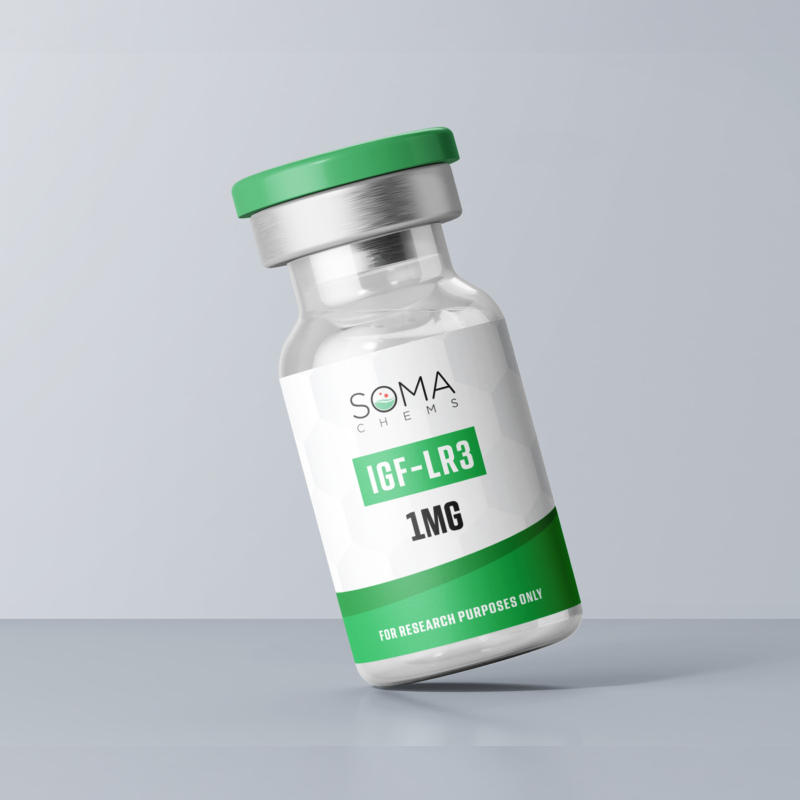
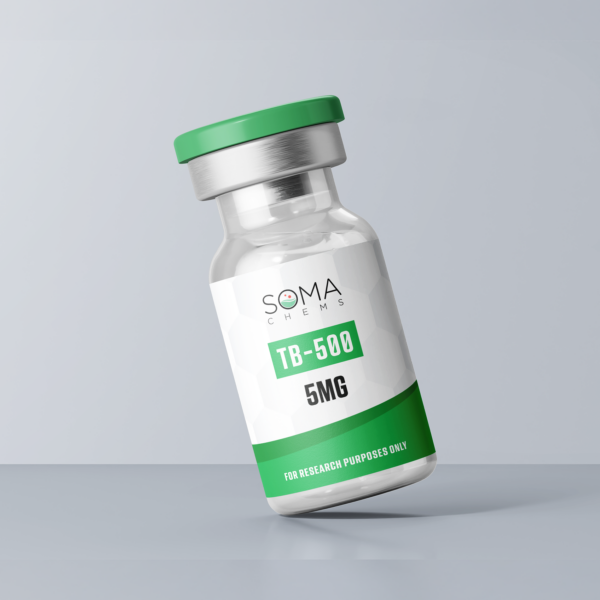
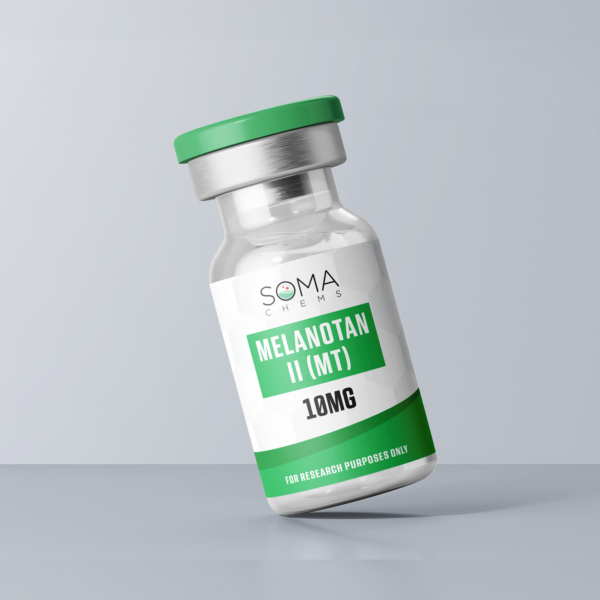
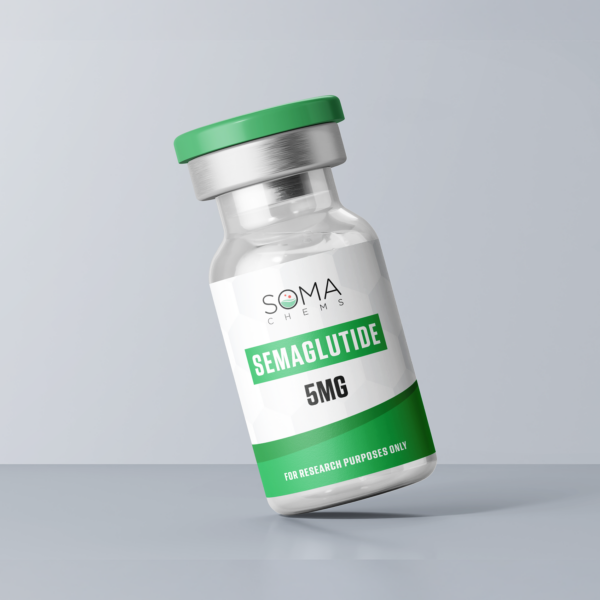
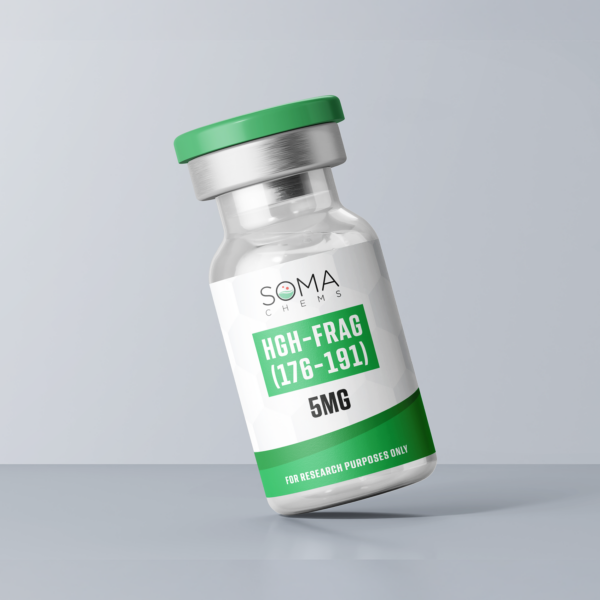
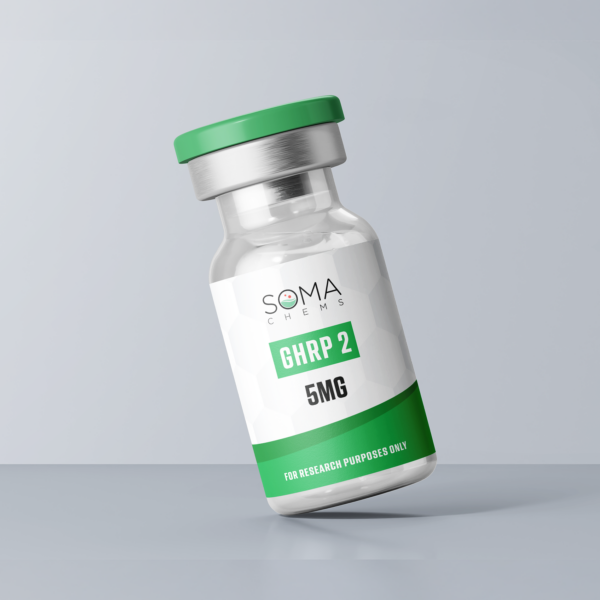
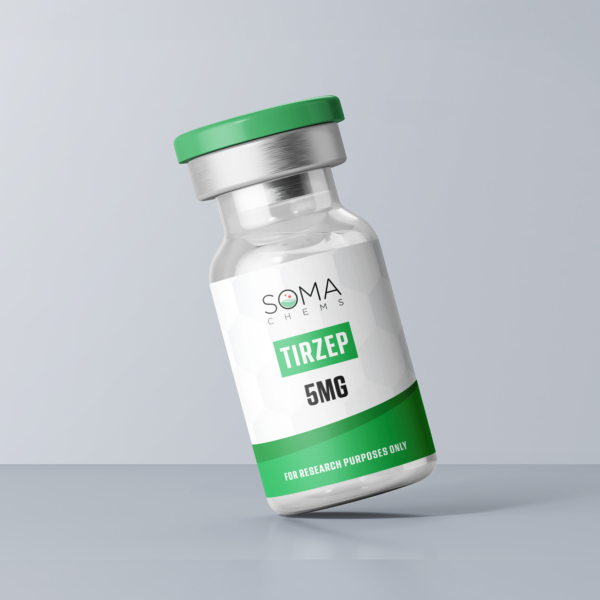
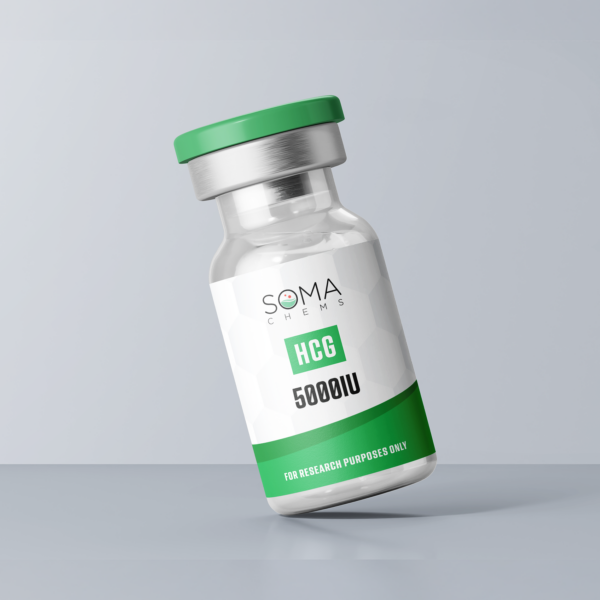
Reviews
There are no reviews yet.